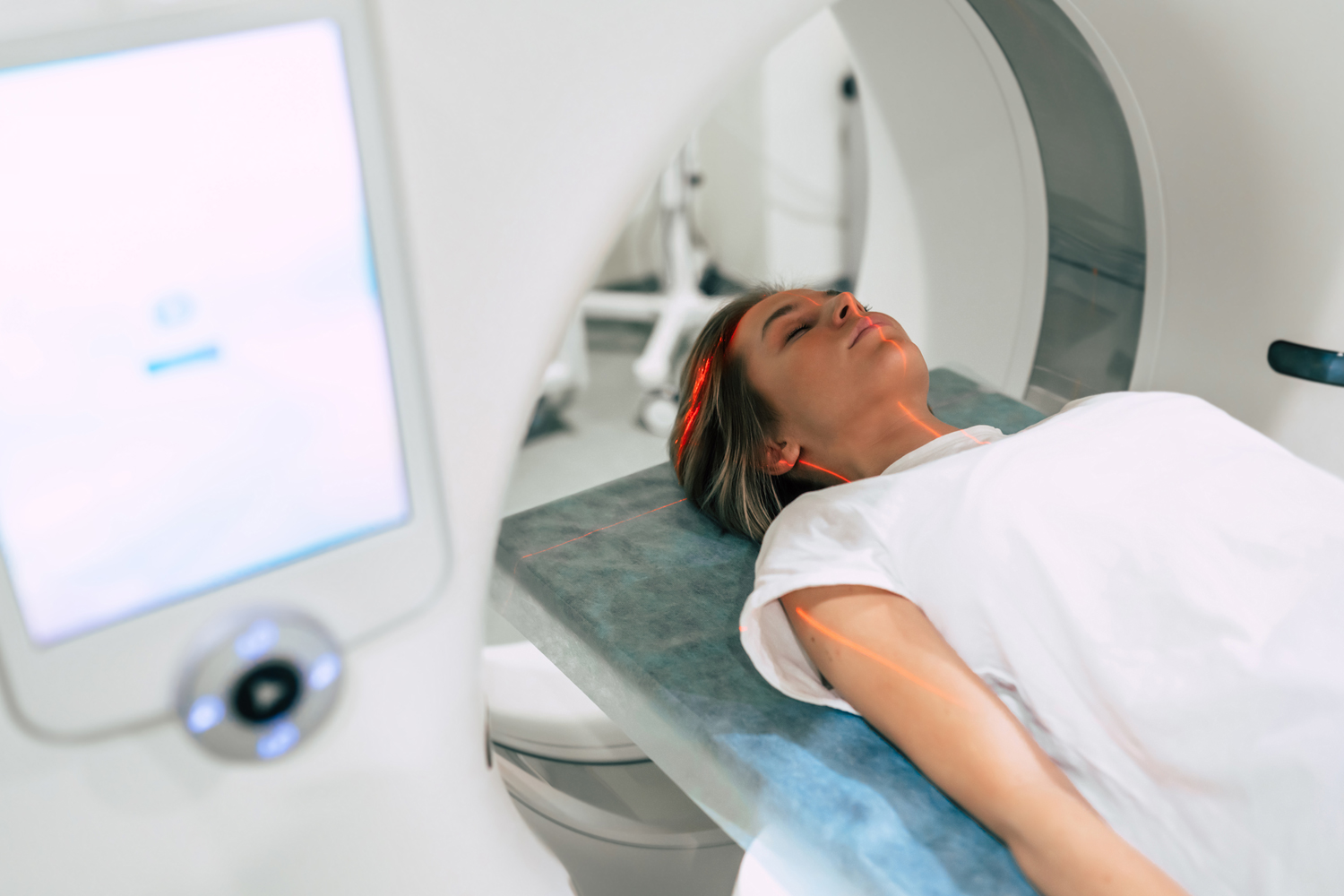Seeking answers: How long can you live with breast cancer without treatment?. Breast cancer is not merely a disease; it’s a journey that profoundly impacts individuals and their loved ones. In the quest for survival, understanding breast cancer’s nuances, including survival rates and life expectancy without treatment, becomes paramount. This article delves into the complexities of breast cancer, offering insights into its definition, treatment options, survival rates, and life expectancy for those who opt not to pursue treatment.
Introduction
Facing the reality: How long can you live with breast cancer without treatment?. Breast cancer affects millions worldwide, making it imperative to explore all avenues for maximizing survival. While traditional treatments like surgery, chemotherapy, and radiation therapy are commonly employed, understanding the prognosis without treatment is equally crucial. By unraveling the mysteries of untreated breast cancer, individuals can make informed decisions about their healthcare journey.
Understanding Breast Cancer
Breast cancer manifests in various forms, from ductal carcinoma in situ to invasive types like inflammatory breast cancer. Recognizing the causes, symptoms, and risk factors associated with breast cancer is the first step toward effective management. Additionally, comprehending breast cancer staging and its significance aids in tailoring treatment plans to individual needs.
Treatment Options for Breast Cancer
Traditional treatments, including surgery, chemotherapy, and radiation therapy, have been the mainstay of breast cancer management for many years. These treatments have provided hope and healing to countless patients by targeting and eliminating cancer cells.
Surgical interventions involve removing cancerous tissue from the breast or nearby lymph nodes, aiming to remove the tumor and prevent its spread. Chemotherapy utilizes powerful drugs to destroy cancer cells or stop their growth, often administered orally or intravenously. Radiation therapy, on the other hand, utilizes high-energy rays to target and kill cancer cells, typically following surgery to eliminate any remaining cancerous tissue.
While these traditional treatments have been effective in improving survival rates and reducing the risk of recurrence, they may also come with side effects such as nausea, fatigue, and hair loss.
In recent years, there have been significant advancements in breast cancer treatment, particularly with the introduction of targeted therapy and immunotherapy. Unlike traditional treatments that affect both cancerous and healthy cells, targeted therapy specifically targets cancer cells by identifying unique molecular markers or proteins on their surface. This personalized approach minimizes damage to healthy tissue, potentially reducing side effects and improving treatment outcomes.
Immunotherapy, on the other hand, harnesses the body’s immune system to recognize and destroy cancer cells. By enhancing the immune response against cancer, immunotherapy can effectively shrink tumors and improve long-term survival rates in certain patients.
These newer modalities are revolutionizing breast cancer treatment by offering more tailored and precise approaches. By targeting specific pathways or utilizing the body’s immune defenses, targeted therapy and immunotherapy hold promise for improving outcomes and quality of life for breast cancer patients.
Breast Cancer Treatment
Inflammatory breast cancer treatment presents unique challenges, requiring specialized treatment considerations. Tailored approaches, including aggressive chemotherapy and targeted therapies, aim to halt disease progression and improve outcomes for patients. By leveraging the latest advancements in medical science, healthcare professionals can optimize treatment regimens for each individual’s unique needs.
How do traditional treatments contribute to the survival rates and life expectancy of breast cancer patients?
Survival rates serve as crucial metrics in assessing the effectiveness of breast cancer treatment. Factors such as cancer stage, subtype, and overall health significantly influence these rates. While treatment can improve survival outcomes, understanding life expectancy without intervention provides valuable insights into the natural progression of the disease.
How long can you live with breast cancer with treatment?
Understanding the journey: how long can you live with breast cancer without treatment?. Living with untreated breast cancer poses physical and emotional challenges that require resilience and support. Managing symptoms, maintaining quality of life, and accessing resources are vital aspects of navigating this journey. Establishing robust support networks can alleviate the burden of untreated breast cancer, empowering individuals to live life to the fullest despite their diagnosis.
Prognosis and Outcomes
The prognosis for untreated breast cancer varies depending on various factors, including tumor characteristics and patient demographics. While some individuals may experience disease progression and adverse outcomes, others may exhibit slower disease growth or even spontaneous regression. Ultimately, the decision to forego treatment involves weighing the risks and benefits based on individual circumstances.
What is the latest treatment for triple-negative breast cancer?
Triple-negative breast cancer (TNBC) is characterized by the absence of three hormone receptors – estrogen receptor (ER), progesterone receptor (PR), and human epidermal growth factor receptor 2 (HER2). This subtype of breast cancer tends to be more aggressive and has a poorer prognosis compared to other types of breast cancer treatment options. Additionally, TNBC lacks targeted treatment options that specifically address these hormone receptors, making it challenging to manage.
However, despite these challenges, ongoing research efforts in the field of oncology are continuously exploring new therapeutic avenues for TNBC. Scientists and healthcare professionals are delving into the molecular pathways and genetic mutations that drive TNBC growth and metastasis. By unraveling the intricate mechanisms underlying TNBC, researchers are identifying potential targets for novel treatment strategies.
Promising therapies are emerging that specifically target these molecular pathways involved in TNBC progression. These targeted therapies may include drugs that inhibit specific proteins or enzymes essential for cancer cell survival and proliferation. By disrupting these critical pathways, targeted therapies can effectively halt tumor growth and spread, offering new hope for TNBC patients.
In addition to targeted therapies, immunotherapy has also shown promise in the treatment of TNBC. Immunotherapy works by stimulating the body’s immune system to recognize and attack cancer cells. By harnessing the power of the immune system, immunotherapy can enhance the body’s natural defenses against TNBC, leading to improved treatment outcomes and survival rates.
By staying abreast of the latest advancements in TNBC treatment, healthcare providers can offer hope and optimism to patients facing this challenging diagnosis. Clinical trials and research studies are continuously evaluating new treatment options and therapeutic approaches for TNBC, to improve patient outcomes and quality of life.
Through collaboration between researchers, clinicians, and patients, the landscape of TNBC treatment is evolving, bringing new possibilities and opportunities for individuals affected by this aggressive form of breast cancer.
How much does breast cancer treatment cost?
While the pursuit of optimal treatment is paramount, the financial burden of breast cancer treatment options cannot be overlooked. Factors such as insurance coverage, treatment duration, and supportive care services all contribute to the overall cost of care. Exploring financial assistance resources and advocacy programs can alleviate the financial strain, ensuring access to quality care for all individuals affected by breast cancer.
When to stop treatment for metastatic breast cancer?
Knowing when to stop treatment for metastatic breast cancer is a complex decision that involves careful consideration of various factors. While some individuals may opt to continue treatment for as long as possible to manage symptoms and prolong survival, others may choose to stop treatment if it no longer offers significant benefits or negatively impacts their quality of life. Ultimately, the decision to stop treatment for metastatic breast cancer should be made in consultation with healthcare professionals and based on individual preferences, goals, and overall health status
Conclusion
How long can you live with breast cancer without treatment?” This question often weighs heavily on the minds of those diagnosed with the disease. For many individuals facing this dilemma, understanding the potential timeline of living with untreated breast cancer becomes crucial. While each case is unique, the duration can vary significantly depending on factors such as cancer stage, subtype, and individual health conditions.
In the journey of breast cancer, knowledge is power. By understanding How long can you live with breast cancer without treatment? individuals can make informed decisions about their healthcare journey. While treatment offers hope and healing, living with untreated breast cancer requires resilience, support, and a holistic approach to wellness. By embracing innovation, advocating for financial assistance, and fostering community connections, individuals can maximize their survival and quality of life in the face of breast cancer.
Frequently Asked Questions and Answers
Q1. Can I live 30 years after breast cancer?
It’s possible to live 30 years after breast cancer, but it depends on various factors such as cancer stage, treatment received, and individual health.
Q2. What happens if you just ignore breast cancer?
Ignoring breast cancer can lead to its progression, potentially resulting in more advanced stages and poorer outcomes.
Q3. How long is the average lifespan of a person with breast cancer?
The average lifespan of a person with breast cancer varies depending on factors like cancer stage, treatment effectiveness, and overall health, so there’s no fixed duration.
Q4. How quickly does breast cancer spread?
Breast cancer can spread at different rates depending on its subtype and individual factors, ranging from months to several years. Early detection and treatment are crucial for better outcomes.
Q5. Is breast cancer genetic?
Breast cancer can have a genetic component. Some cases of breast cancer are associated with inherited gene mutations, such as BRCA1 and BRCA2 genes. However, not all breast cancer cases are genetic, as many are sporadic and occur without a family history of the disease.







Leave a Reply